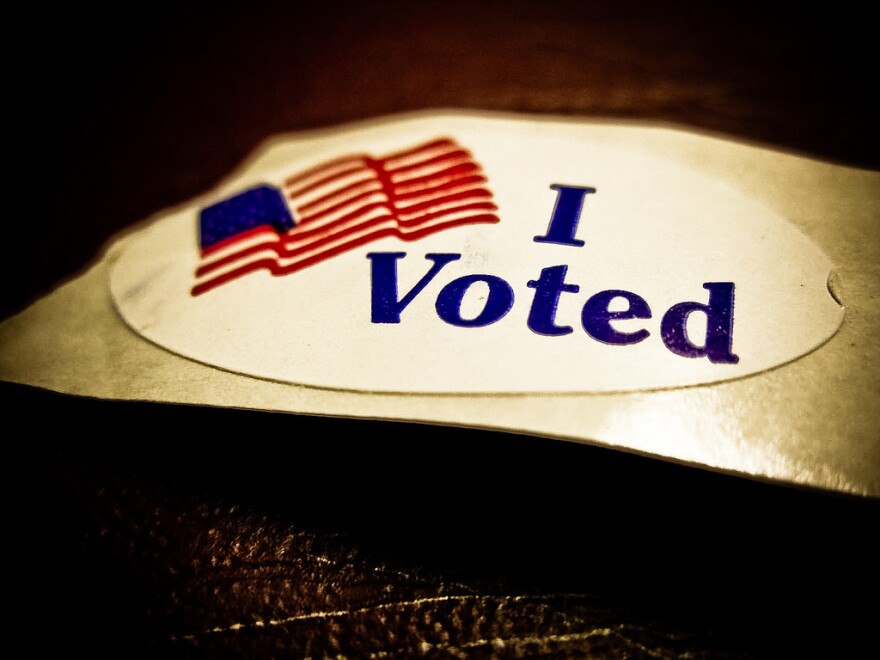The GOP-controlled Legislature is planning a maneuver that would enable it to pass contentious election changes into law and effectively nullify a likely veto from the state’s Democratic governor, a top Michigan Republican said.
Ron Weiser, chair of the state Republican Party, told activists Thursday that the party will spearhead a ballot initiative assuming Gov. Gretchen Whitmer vetoes new bills that Democrats and voting-rights groups say would suppress voting. Under state law, lawmakers can enact such initiatives without a gubernatorial veto or let them go to a public vote.
Weiser said the “election integrity” bills — which would, among other things, require photo ID, restrict absentee ballot drop box hours and ban prepaid postage on return envelopes — would ensure there is a “fair” election in 2022. Despite claims from former President Donald Trump and his allies, there was no widespread fraud in the high-turnout 2020 election, when Joe Biden defeated Trump in Michigan by 154,000 votes, or 2.8 percentage points.
Weiser said the party will pay county GOP parties to gather the roughly 340,000 valid voter signatures needed for the measure to be certified.
A 2018 voter-approved constitutional amendment, which authorized no-excuse absentee voting and same-day registration, could potentially complicate legislative efforts. The amendment includes a requirement that it be liberally construed in favor of voters’ rights.
Nancy Wang, executive director of Voters Not Politicians, said this week that Republicans’ intent is clear — “to force eligible voters to jump through unnecessary hoops to exercise their constitutional right to vote. We will not stand by and let national special interests try and dictate how we run elections here in Michigan.”
But Senate Majority Leader Mike Shirkey, a Clarklake Republican, accused Democrats of not reading the 39-bill package, which he said would “make it easier to vote, harder to cheat.” He highlighted bills that would let 16-year-olds pre-register to vote, establish an early-voting day two Saturdays before an election, provide free state IDs for the poor, and additional training of election workers, observers and challengers.


